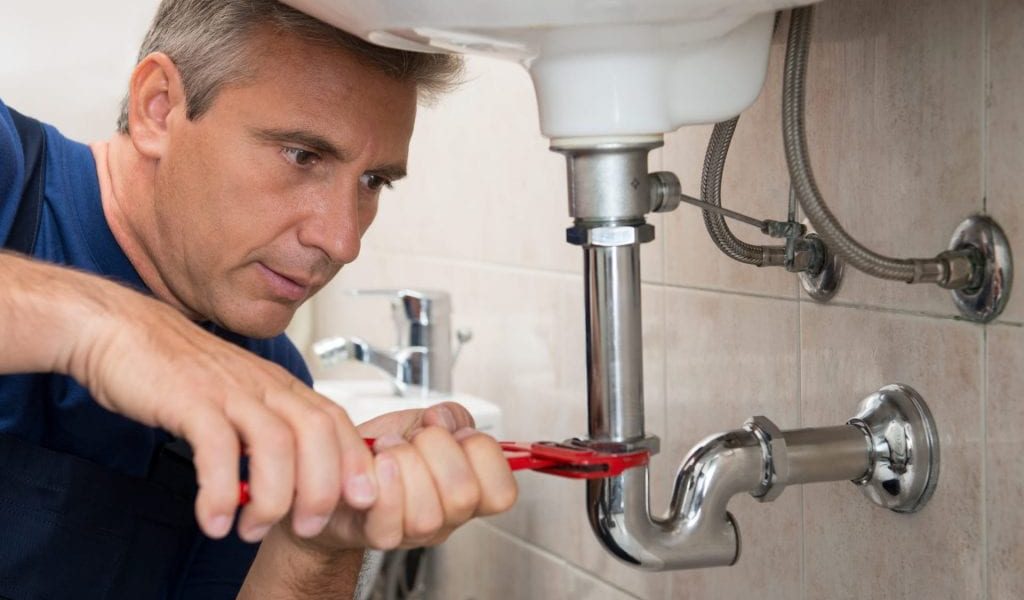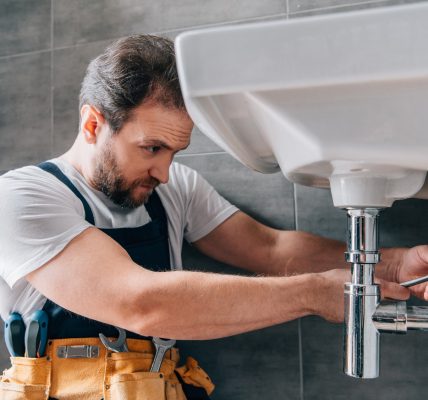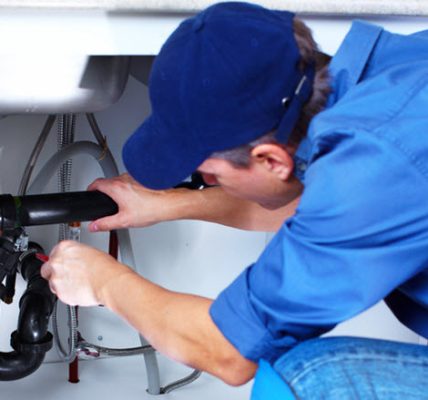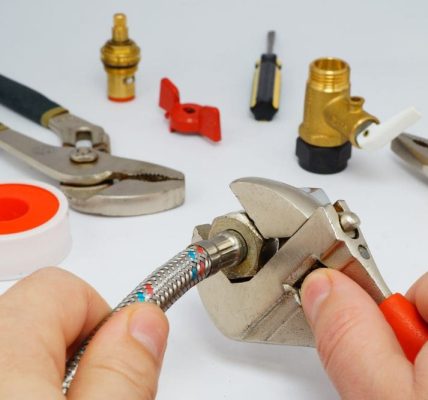Water line repair and installation services are crucial for ensuring the proper functioning of a property’s water supply system. Here are key points related to Water Line Repairs in Smyrna GA:
- Common Issues:
- Water line issues may include leaks, corrosion, blockages, and bursts. Signs of a water line problem may include low water pressure, discolored water, wet spots in the yard, or unexplained increases in water bills.
- Professional Assessment:
- A licensed plumber can conduct a thorough assessment of the water line to identify the source and extent of the problem. This assessment may involve visual inspections, pressure tests, and, if necessary, camera inspections.
- Repair Services:
- Leak Repair: Repairs may involve fixing leaks or addressing corrosion in the water line. Small leaks may be patched, while more significant issues may require sections of the line to be replaced.
- Pipe Relining: In some cases, plumbers may use techniques such as pipe relining to repair damaged sections of the water line without the need for extensive excavation.
- Replacement Services:
- Complete Replacement: Severely damaged or deteriorated water lines may require complete replacement. This involves removing the old pipes and installing new ones.
- Material Options: Replacement pipes can be made of various materials, including copper, PVC, PEX, or HDPE. The choice of material depends on factors such as local building codes, budget, and the specific needs of the property.
- New Installations:
- New Construction: Water line installations are a standard part of new construction projects, ensuring that properties have a reliable and efficient water supply system.
- Extensions or Additions: Water line installations may be needed when extending or adding new plumbing fixtures, such as additional bathrooms, kitchens, or outdoor water features.
- Trenchless Technology:
- No-Dig Solutions: Trenchless technologies, such as horizontal directional drilling or pipe bursting, allow for water line repairs or replacements without extensive excavation. This minimizes disruption to landscaping and reduces the overall project timeline.
- Pressure Testing:
- System Checks: After repairs or installations, plumbers conduct pressure tests to ensure that the water line functions correctly. This involves pressurizing the system and checking for any leaks or issues.
- Permits and Regulations:
- Local Permits: Water line repair or installation projects may require permits from local authorities. Ensure compliance with all relevant regulations and obtain the necessary permits before starting the work.
- Emergency Services:
- 24/7 Availability: Some plumbing companies offer emergency water line repair services to address urgent issues, such as burst pipes or major leaks, promptly.
- Water Line Locating:
- Accurate Mapping: Before any excavation work, professionals use water line locating equipment to accurately map the location of existing water lines. This helps prevent accidental damage to existing lines during construction or repair activities.
- Customer Communication:
- Clear Communication: Professional plumbers maintain clear communication with property owners throughout the repair or installation process. They provide updates, explain the scope of work, and address any concerns or questions.
- Water Quality Testing:
- Post-Installation Testing: After a water line installation or replacement, water quality testing may be conducted to ensure that the water supply meets safety and quality standards.
Water line repair and installation services are essential for maintaining a reliable and efficient water supply in residential, commercial, and industrial properties. Consulting with licensed and experienced plumbers ensures that issues are accurately diagnosed, and appropriate solutions are implemented for long-term performance and durability.




